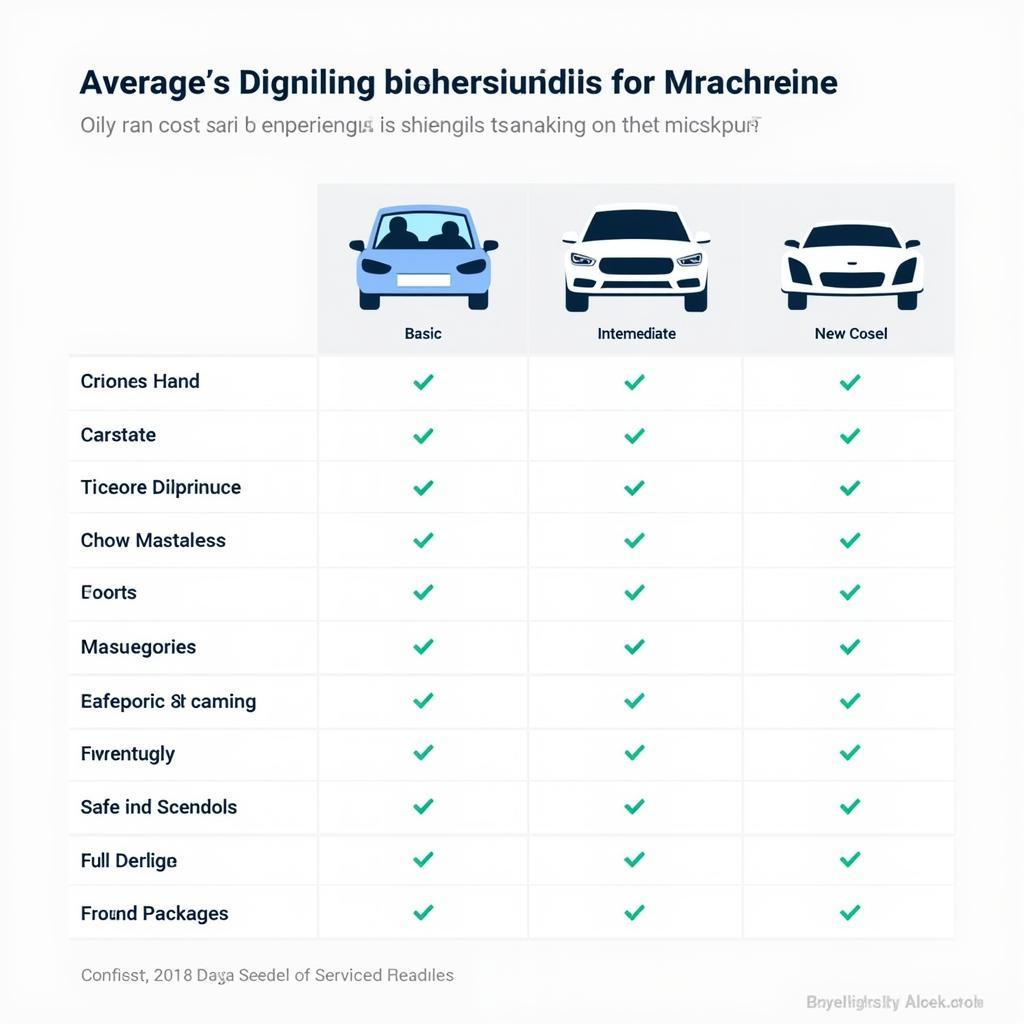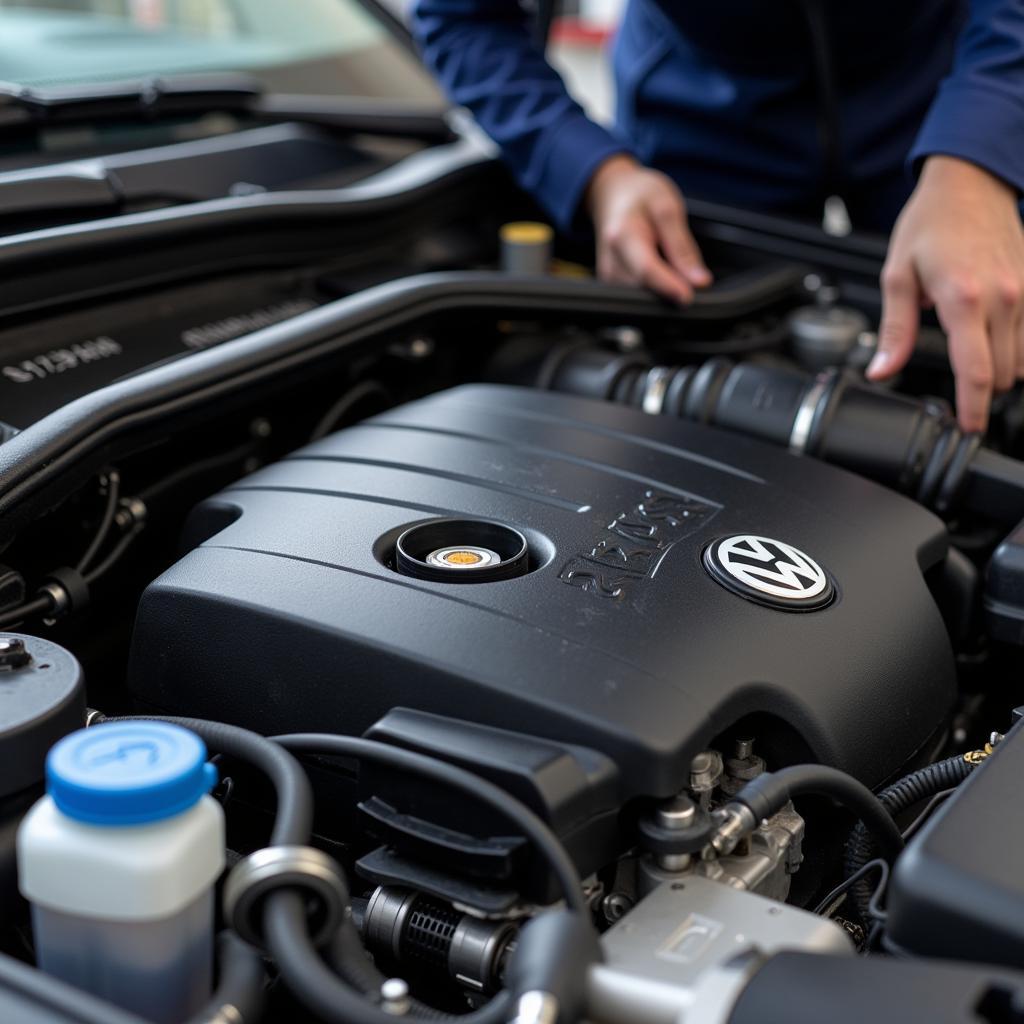How Much Does a Full Service Car Cost?
Understanding the cost of a full service car can be confusing. You might be wondering what’s included, why it varies so much, and if it’s truly worth the expense. This comprehensive guide delves into the intricacies of full car service costs, providing you with the knowledge to make informed decisions about your vehicle’s maintenance.
 Full Car Service Checklist
Full Car Service Checklist
What is a Full Service Car?
A full service car, often referred to as a major service, goes beyond a basic oil change. It’s a comprehensive inspection and maintenance procedure that aims to keep your car running smoothly and identify potential issues before they escalate into costly repairs.
Factors Influencing Full Service Car Cost
Several factors contribute to the variation in full service car costs:
- Vehicle Make and Model: Luxury and high-performance vehicles often require specialized parts and fluids, increasing service costs.
- Service Location: Geographic location and dealership versus independent mechanic shops can significantly impact labor rates.
- Service Package: Different garages offer varying service packages. Some might include additional checks or part replacements, leading to price differences.
 Car Service Price Comparison
Car Service Price Comparison
Typical Inclusions in a Full Service Car
While the specifics may vary, a typical full service car generally includes:
- Oil and Filter Change: Replacing old engine oil and filter with fresh ones for optimal engine performance.
- Fluid Level Checks and Top-ups: Ensuring adequate levels of essential fluids like coolant, brake fluid, power steering fluid, transmission fluid, and windshield washer fluid.
- Brake Inspection: Examining brake pads, discs, and lines for wear and tear, ensuring safe stopping distances.
- Tire Pressure and Condition Check: Adjusting tire pressure to the recommended level and examining tires for damage or uneven wear.
- Battery Test: Assessing the battery’s health and charge capacity, especially important in colder climates.
Benefits of a Full Service Car
Investing in a full service car offers several advantages:
- Prolonged Vehicle Lifespan: Regular maintenance helps identify and address minor issues before they become major problems, ultimately extending your car’s life.
- Improved Fuel Efficiency: Clean filters, fresh fluids, and properly inflated tires contribute to optimal fuel economy.
- Enhanced Safety: Regular brake inspections, tire checks, and fluid top-ups ensure your vehicle operates safely on the road.
 Mechanic Inspecting Car Engine
Mechanic Inspecting Car Engine
Finding a Reliable Mechanic for Your Full Service Car
Choosing the right mechanic is crucial. Consider these factors:
- Certifications and Experience: Look for ASE-certified mechanics or those with proven experience working on your car’s make and model.
- Customer Reviews: Online reviews and testimonials can provide insights into the quality of service and customer satisfaction.
- Transparent Pricing: Opt for mechanics who provide detailed quotes upfront, outlining the cost of parts and labor.
Is a Full Service Car Worth It?
While it might seem like an additional expense, a full service car is an investment in your vehicle’s longevity, performance, and safety. By addressing minor issues early on, you can avoid costly repairs down the line and enjoy a smoother, safer driving experience.
Remember, regular car maintenance is key to maximizing your vehicle’s lifespan and ensuring your safety on the road.

